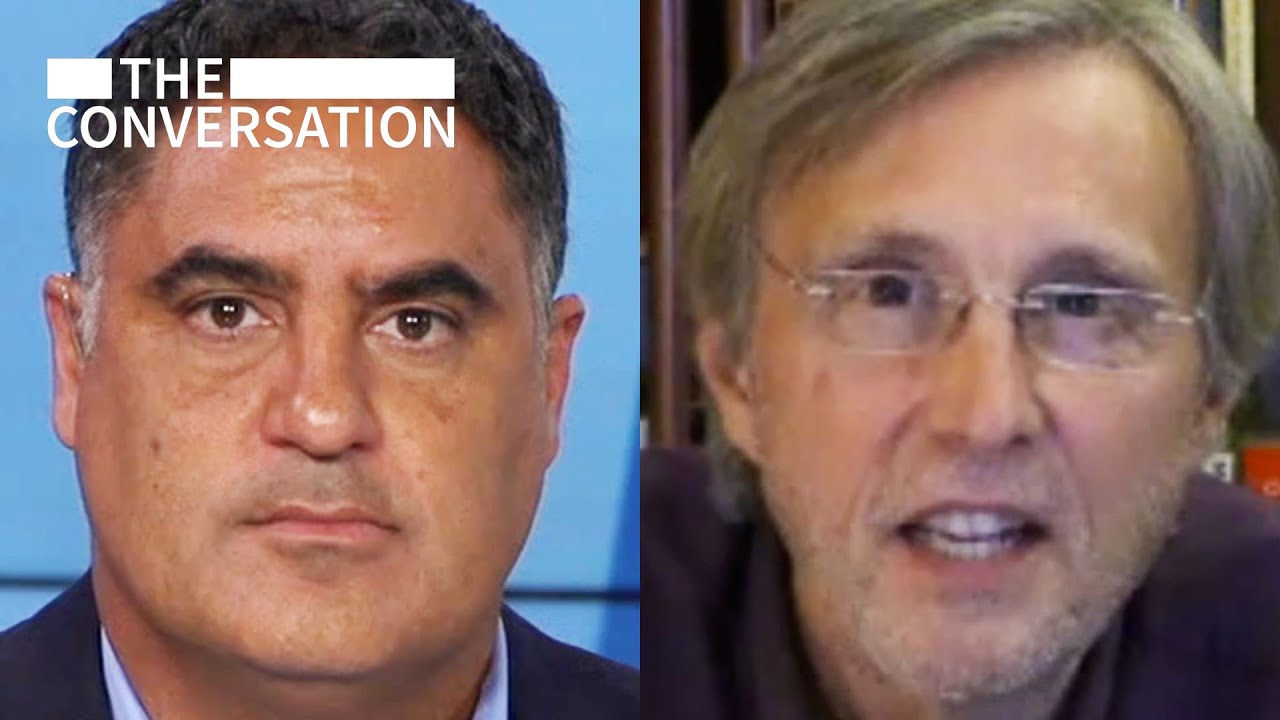The conversation with Tom Hartman, host of the Tom Hartman Program and New York Times bestselling author of The Hidden History of American Healthcare, delves into the origins and ongoing challenges of the U.S. healthcare system. Hartman traces the divergence of American healthcare from other developed nations back to the late 19th and early 20th centuries, highlighting how deeply embedded racism shaped the refusal to adopt a national health insurance system. The early influence of scientific racism, propagated by figures like Frederick Ludwig Hoffman, justified excluding Black Americans from healthcare access, a pattern that persisted through major healthcare reform attempts until the mid-1960s.
Hartman explains how racism morphed into a capitalist-driven healthcare industry, where deregulation under Reagan in the 1980s allowed large insurance companies to monopolize the market and prioritize profits over public good. This neoliberal ideology elevated market forces above democracy, reinforcing inequality and undermining public services. The conversation also touches on how media complicity and corporate influence distort public understanding of healthcare reform, particularly Medicare for All, by suppressing facts and framing costs misleadingly.
Hartman underscores the concept of the commons—the shared resources society must collectively manage—and argues that healthcare should be part of this commons, similar to fire departments or utilities. Implementing Medicare for All is hindered by political corruption rooted in money’s influence on elections and legislation, as well as legal barriers like federal Medicaid and Medicare rules designed to prevent states from fully implementing single-payer systems. Despite these obstacles, Hartman points to examples like Canada’s provincial-led implementation of universal healthcare as a model for U.S. states to follow if legislative barriers are removed. The key to transforming American healthcare thus lies in addressing systemic racism’s legacy, dismantling neoliberal capitalism’s grip, reforming media narratives, and ultimately removing money’s corrupting influence from politics.
Originally posted 2025-10-16 23:50:00.

